After being rehabilitated at the North Island Wildlife Rescue Centre in Errington, on central Vancouver Island, six orphaned black bear cubs were released on June 21, near where they were first located.
Derek Downes, animal care superintendent, said it’s “a special day” when the bruins are set free.
“They’re a big part of my life, and all of our lives for the time that they’re all with us,” Downes said. “The end goal is to always get them back home where they belong. They stay with us and although it’s fairly long, it’s just one stop of their journey back to the wild. We cared for them day in and day out and we want them to have the best chance to survive and we’re always confident when they’re released.”
READ MORE: VIDEO: Rehabilitated eagle released back into the wild near Errington
The B.C. Ministry of Forests and veterinarians were at centre to check on the bears’ health before they were sedated for transport.
“It’s always gratifying when they comment on the conditions of the coat, the overall body condition and everything, and that’s how it should be for the cubs,” said Downes. “The most important thing is, they’re acting like wild bears. It’s a really special thing. There’s a lot of hard work that goes into it.”
READ MORE: VIDEO: Langley’s Critter Care releases 5 black bears
Being released back into the wild, there’s always a question about how the bears would survive on their own as they have been under the care of the centre. Will they be able to hunt for their food?
“Black bears don’t really hunt,” Downes explained. “They’re typically foragers. They have one of the strongest senses of smell in the whole animal kingdom. So they don’t have to be taught how to smell. But what we do while they’re here is enrich them with different scents. We hide food in the enclosure at different spots. So they’re learning, smelling and following it around. They’re also natural log grounds in there that harbour insects colonies because black bears eat a lot of insects. That makes a big portion of their protein.”
Downes said black bears will spend six to eight hours foraging to get their calories. And this is why residents should be more conscious of how they dispose of garbage and securing compost.
“They can spend hours foraging for garbage,” said Downes. “That’s why it’s important, as a community, we are bear aware. We have to make sure we’re doing all the right things to keep our bears wild and to share our beautiful home with them.”
The release of the bears is also a circle of life at the centre, said Downs. Just before the six bears were set free, the centre received two abandoned cubs for rehabilitation and more may be on the way.
“We don’t know how many more bears we will get this year,” said Downes. “We already got two and they’re starting their journey.”
Plan your adventures throughout the West Coast at westcoasttraveller.com and follow us on Facebook and Instagram @thewestcoasttraveller. And for the top West Coast Travel stories of the week delivered right to your inbox, sign up for our weekly Armchair Traveller newsletter!



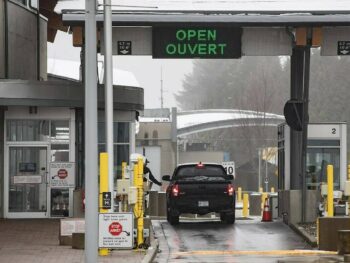



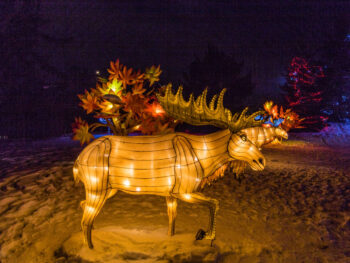
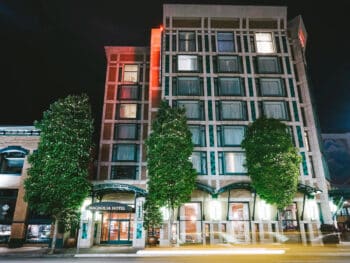
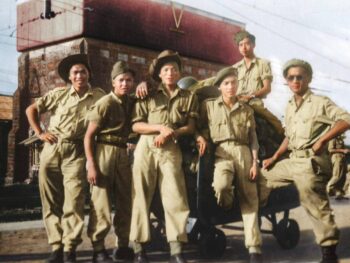
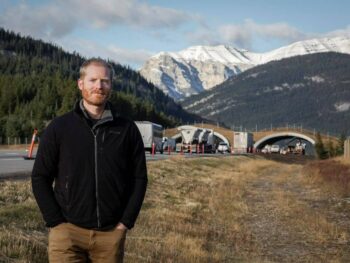
 From ‘food’ to family member: B.C. hawklet adopted by eagles near Nanaimo
From ‘food’ to family member: B.C. hawklet adopted by eagles near Nanaimo